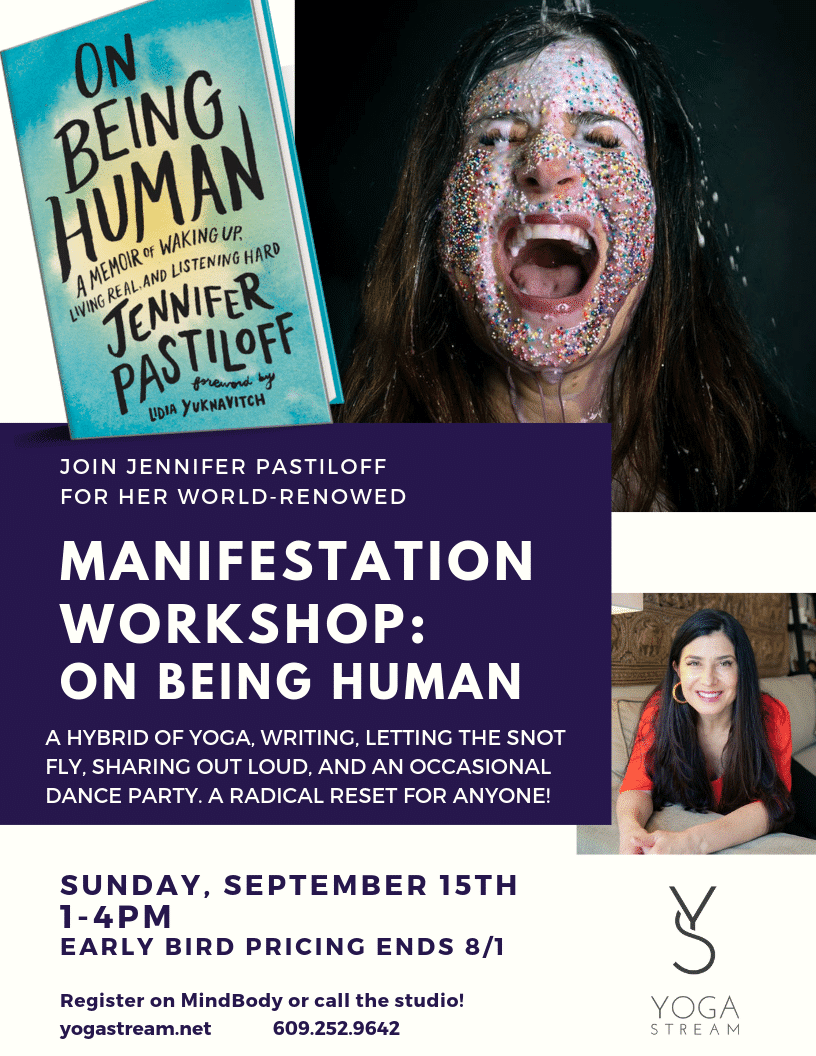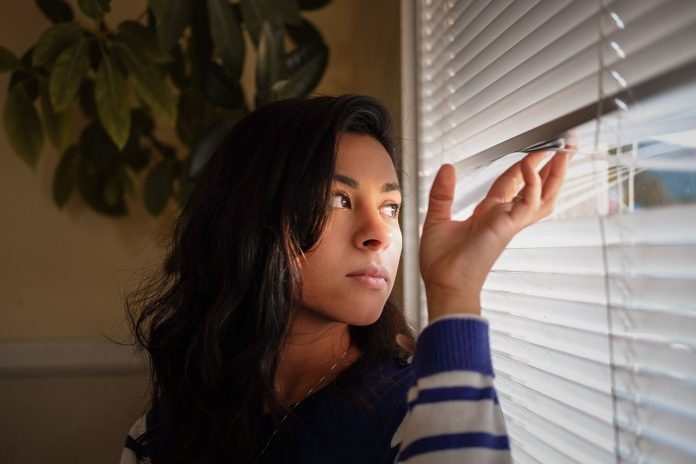By Stephanie Scott
My grandma said, don’t ever come back to her house. She said she’ll defend the son she birthed; “parí” is the word she used, specifically. She said in all the history of our family names no one had ever been a criminal and the first one wasn’t going to be a son she birthed, “parí,” again. It’s the same word used for animals, I use that word because I’m not the delicate type. But I’ve always heard my grandma use the delicate, upper-class term: “dar a luz”. It means to give to the light. I guess even she realizes her son is a creature of the shadows. But that won’t stop her from defending the family name. What she means is no one has ever been formally accused. There’s been no record. No files at the prosecutor’s office thicker than my Master’s Degree portfolio. For generations there were only whispers and warnings; gasps and forced smiles at gatherings; years that passed by until it was “forgotten,” perhaps by the conscious mind, but not by the body. Certainly not by the body of us women, the clan of anxious worriers. I’ve sinned against our name. I’ve formally accused my uncle of “Intimidación.”
I walk into my apartment and leave the door open. First, I check my daughter’s room and look at the terrace through her window. It’s dark outside and no one’s there. Then, I look inside the bathroom—I leave that door open when I leave the house. Next, I forcefully push the closet door—I leave that door closed every morning. Then, I go back and close the door to the apartment. Last, I look out at the terrace through my window and close the window, which I leave open all day to air out the tiny, cramped apartment.
As I hang my keys up next to where the chalinas are hanging, I think to myself: this is my new routine.
I’m not particularly anxious all the time. My heart races a bit when I turn left to see the bathroom, whether the door’s still open, whether anyone’s there. I hold my breath when I fling open the closet door, then breathe out once I see there’s no one there, either. Other than that, my breathing is even. My mind is blank. My body relaxed. I could be a yogi.
I haven’t eaten much the past couple days because I’m broke. I have extra rent now. I keep all my valuables locked in a small room one floor above my apartment. The door is directly in front of the elevators and the surveillance camera. The windows are the floor-to-ceiling kinds that only open a little bit at the top. As much of a fortress as I could afford. At least they’ll catch them on the surveillance cam, I figure.
I work up there. But at night I go downstairs to my apartment. I could sleep upstairs—there’s a bed. But in my apartment it’s my bed. My sheets. My artwork of mothers and goddesses and my quartz crystal. My closet. My bathroom. My books. I want to sleep in my own space. Even if I now lock my bedroom door all night.
That’s just because my daughter is at her dad’s this week. Normally, I sleep with my bedroom door open. Normally, I don’t stare at the curtains and keep my cell phone at arm’s length. I tell myself he wouldn’t come after me with my daughter home.
Even though he attacked my mother in front of her child all those years ago.
The forensic psychologist at the prosecutor’s office determined that I suffer from paranoid anxiety as a result of my uncle’s violent threats. My condition is exacerbated by the fear for my unborn child, says the report.
When she asked me how I knew I was pregnant, I asked her if she had kids. She seemed taken aback and irritated at the personal question. She said she did have kids but that some women don’t realize they’re pregnant until several months in.
“Oh, I can tell right away,” I told her. “My whole body changes within days. But anyway, I took a blood test pregnancy test. So that’s how. “
She made a note on my report that I burst into tears uncontrollably throughout my evaluation.
By the time I read all of that, my baby had already died.
My symptoms haven’t deteriorated, though. I don’t get startled when cars pull-up near me on the street. I don’t look around anxiously every time I walk in and out of my building. I don’t shake. I don’t cry. I don’t think about the threats and all the family members who enable my uncle’s behavior. Not anymore.
I get into bed feeling a little anxious in my chest. At a somatic therapy workshop years ago, they taught us to connect to our gut. What does the gut say? The gut never lies. Since then, I control my anxiety by noticing whether it’s in my chest or gut. If it’s in my chest, it’s just PTSD. If it’s in my gut, there’s real danger. So, in bed, looking at the curtains and with my cell phone at arm’s length, I ask my gut. My gut is chill. I guess that means I’m safe. I should go ahead and sleep.
Ever since I miscarried nothing is ever in my gut. I refused a D&C three times, even the time the gynecologist said I could die from a horrible infection because of the remains. I didn’t want anything scraped out of me.
But that’s exactly how it feels now, like everything got scraped out. That embryo took all my insides with it. Technically, it was in the uterus, not the gut. But it feels like I have no more innards at all. When I ask the gut, it’s always silent. Dead signal on a calm sea, silent.
I am safe now, because I know only two things can happen: either I’ll be alive in the morning or I won’t. Neither worries me after death visited the body inside my body and left me here, alive.
So I sleep. I sleep quite well. I’ve slept through the night three times in a row. Tonight should be the same.
Tomorrow, I’ll just keep going through my routines.
Stephanie Scott is a mother, educator, writer, artist and dancer living between the Andes mountains and the Amazon rainforest in Ecuador. Her most recent publication about her travels in Morocco, “Love in the Place where the Sun Sets,” appeared in Palabritas’ Fall 2018 issue. She is currently finishing a children’s book series about the Ecuadorian Amazon and creating children’s media content in the indigenous language of Shuar-Chicham, Spanish and English through Proyecto Tsere, an artistic collaborative she started in 2017.

Thank you for sharing your story.